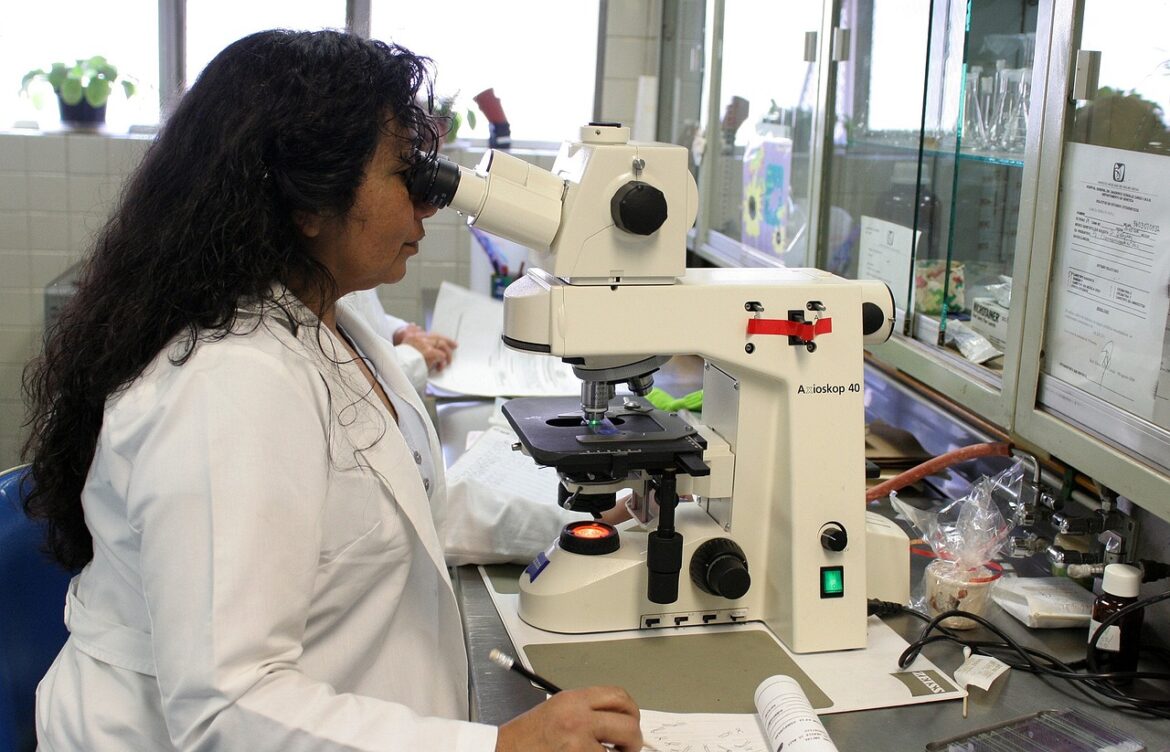Imagine a tool that tailors depression treatment to your exact biology, or research showing how dads’ mental health shapes kids’ futures. The mental health landscape is shifting rapidly, with 2025 bringing groundbreaking approaches that blend neuroscience, policy reform, and community-driven care. Let’s unpack the most compelling developments making waves this year.
Custom Care for Your Brain Chemistry
Psychologists have cracked the code on personalized depression treatment through a precision medicine approach analyzing age, genetics, and lifestyle factors. Think of it like a Spotify algorithm for mental health—creating customized playlists of therapies and medications tuned to your unique diagnostic profile. Early adopters are seeing reduced trial-and-error periods with medications, though the approach still requires expanded accessibility to match its potential.
When Dad Struggles, Kids Feel It Too
New longitudinal research reveals paternal depression’s ripple effects—children exposed to fathers’ mental health challenges at age five face higher rates of behavioral issues in elementary school. This isn’t about blame, but recognizing mental health as a family ecosystem. Schools and pediatric offices are now piloting “mental health checkups” for both parents during routine childhood visits, aiming to catch intergenerational patterns early.
Magic Mushrooms Go Mainstream
Psilocybin use has skyrocketed since 2019, particularly among those already managing mental health conditions. While still legally complex, the therapeutic potential for treatment-resistant depression is driving both underground experimentation and FDA-fasttracked clinical trials. One user described microdosing as “putting on glasses after years of blurry vision,” though experts caution about unregulated use risks.
Military Mental Health Revolution
April 30 marked a seismic policy shift—all U.S. service members can now self-refer for confidential mental health care without command approval. This removes career advancement fears that previously kept many silent. Early reports show a 200% increase in help-seeking behavior at some bases, suggesting policy changes can dismantle stigma when paired with cultural shifts.
Can We Grow New Brain Cells?
Huntington’s disease research accidentally uncovered something extraordinary—scientists successfully regrew functional neurons in adult mice brains. Using protein “fertilizers,” they restored movement capabilities by replacing damaged cells. While human trials are years away, this breakthrough sparks hope for Alzheimer’s, Parkinson’s, and trauma-related brain injuries. It’s like discovering your smartphone can grow its own replacement parts when damaged.
These developments share a common thread—moving beyond symptom management to address root causes and societal structures. From military policy writers to lab scientists, innovators are rewriting what mental healthcare can look like when we stop separating brain health from “real” health.
References:
- https://mhanational.org/news/mha-kicks-off-2025-mental-health-month/
- https://www.psychiatry.org/news-room/apa-blogs/pets-and-mental-health-2025-social-media-toolkit
- https://www.sciencedaily.com/news/mind_brain/mental_health/
- https://www.health.mil/News/Dvids-Articles/2025/04/30/news496580
- https://www.ama-assn.org/topics/mental-behavioral-health
- https://en.hdbuzz.net/430
- https://news.ufl.edu
- https://namiarizona.org/mental-health-awareness-month-2025/



